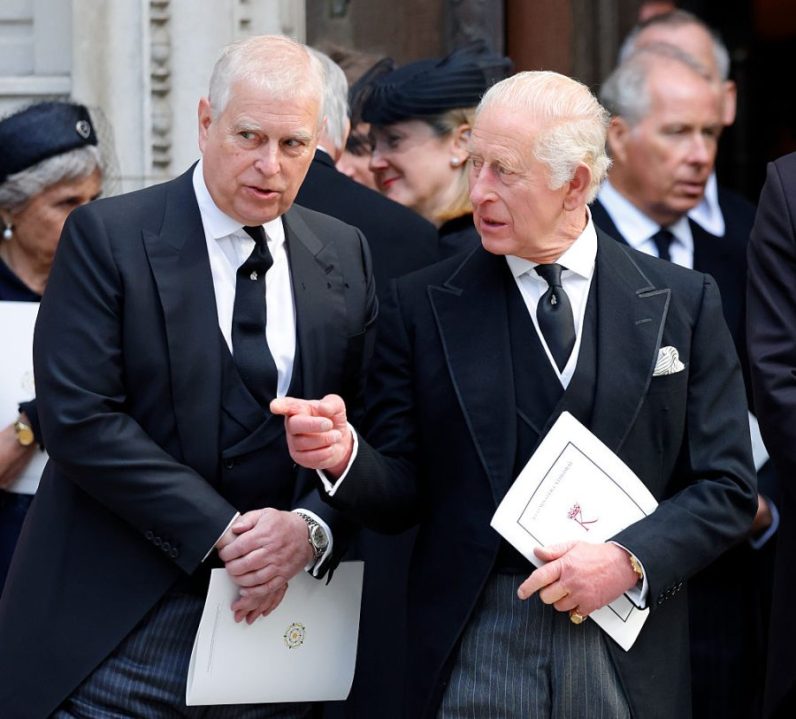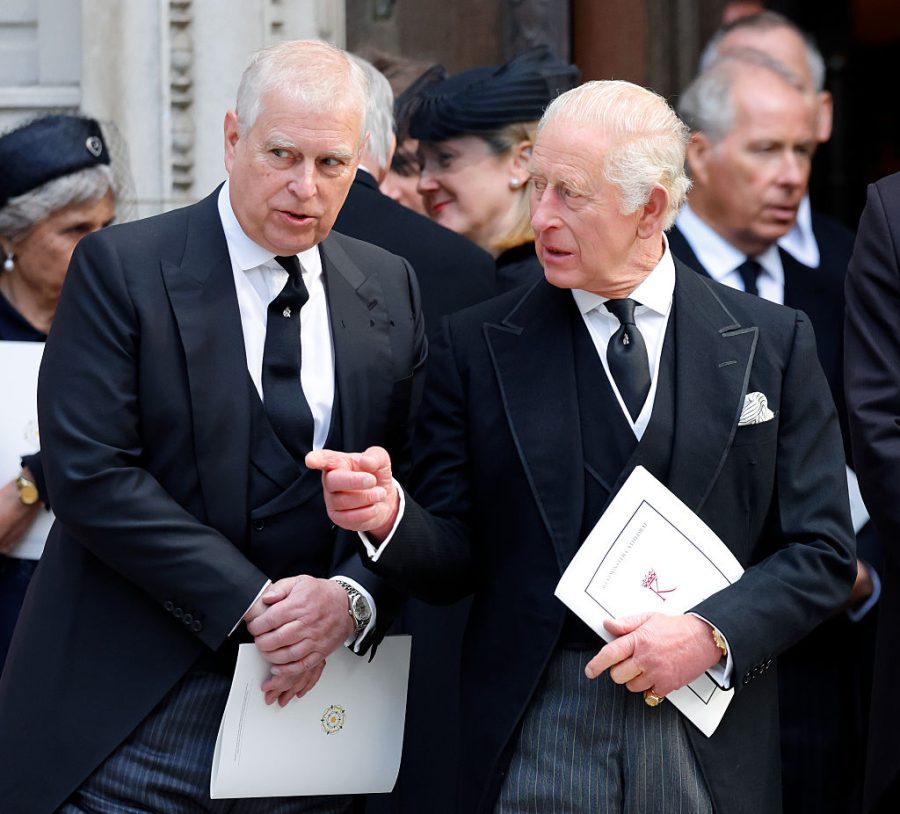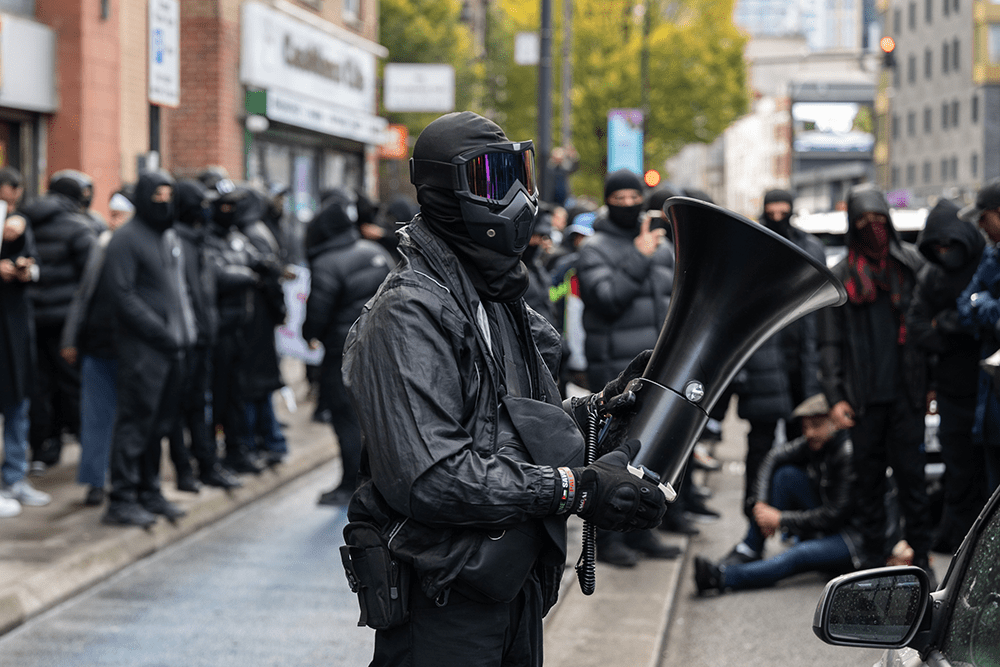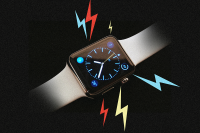One of the many horrors of the Prince Andrew scandal is the way that, ever since it worsened a now scarcely imaginable ten days ago, there is the growing sense that it is becoming uncontainable. The depth and extent of public anger became clear yesterday when, during a visit to Lichfield Cathedral, a lone protestor, standing a couple of metres from the monarch, shouted at him: ‘How long have you known about Andrew and Epstein? Have you asked the police to cover up for Andrew?’ Finally, the anonymous, angry man asked a timelier question: ‘Should MPs be allowed to debate the royals in the House of Commons?’
The King, who presumably heard the heckle from such close quarters, did not attempt to reply, and there was no need for his bodyguards or the police to intervene. The protestor was not a violent threat in any way and was simply asking (rather pointed) questions publicly. It was also telling that he was not supported by the other well-wishers at the cathedral. One woman told the man to ‘shut up’, while another led the audience in three cheers for Charles. The protestor claimed on the Nick Ferrari show on LBC later that he was ‘grabbed and kicked’ by members of the public. Few, however, are likely to feel prevailing sympathy for an avowed republican who, after all, decided to spend his Monday being rude in the house of God to an elderly man suffering from cancer.
It is time for the monarch to act decisively
Nonetheless, yesterday’s protestor is not alone in the sentiments that he – rather bluntly – expressed towards the King. On LBC, he spoke of how he had acted ‘by bringing the issue into the public eye in a public manner’, and that it was ‘very important that people are talking about Andrew’s gross misconduct in public office’ by his ill-mannered intervention. Yet the protestor, who only wished to be known as ‘L’, did make one salient point amidst his talk about how ‘there is a need for a democratically elected head of state’. He suggested that his blurting out a few sentences had the effect of putting the spotlight on the King and his actions during the scandal. He may, regrettably, have been correct.
Charles’s public appearances might give the impression of spontaneity but in fact they are tightly choreographed and carefully worked-out opportunities for the monarch to meet his public – in limited numbers. They are designed, fundamentally, for him to receive good publicity. Unfortunately, any kind of favourable publicity for the royals has been lacking of late.
Newspapers report how desperate Charles and William are to persuade Andrew to leave his home of Royal Lodge, only for it to be revealed in the next breath that the former Duke of York is demanding Frogmore Cottage as a sweetener, with his ex-wife Sarah Ferguson to be accommodated in nearby Adelaide Cottage. Most would suggest that the disgraced royal is hardly in a position to ask for anything, but this means that the King, and the wider Firm, appear to be over a barrel if they want the scandal to abate.
The situation is also a reminder that royal power, such as it is, remains limited. Charles may privately wish to send his errant brother to the Tower of London or on a one-way trip to the UAE, but such options are not presently within his power. In order to contain the most embarrassing saga that the royals have been faced with since the Duke of Windsor decided to befriend Hitler in 1937, it is time for the monarch to act decisively.
If need be, Charles must work with the government and opposition politicians to strip away Andrew’s existing titles, up to and including his status as prince, and not obstruct such a development. This would ensure that he is seen to be taking a firm personal line on this most dismal of situations and not simply acceding to his brother’s arrogant requests. Otherwise, there will be more heckling – and next time the King might not be able to rely on the goodwill of his public to help him out.








Comments